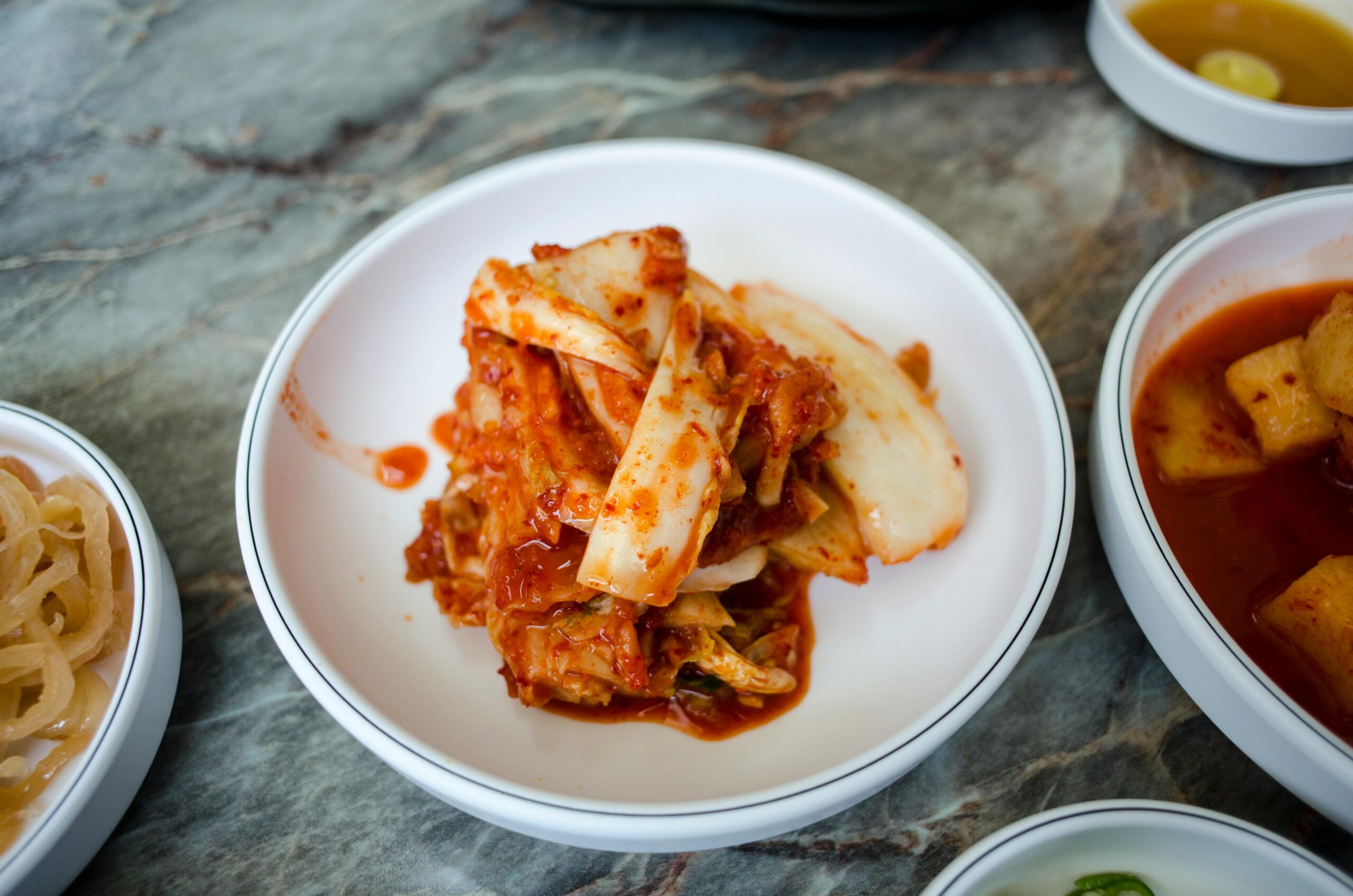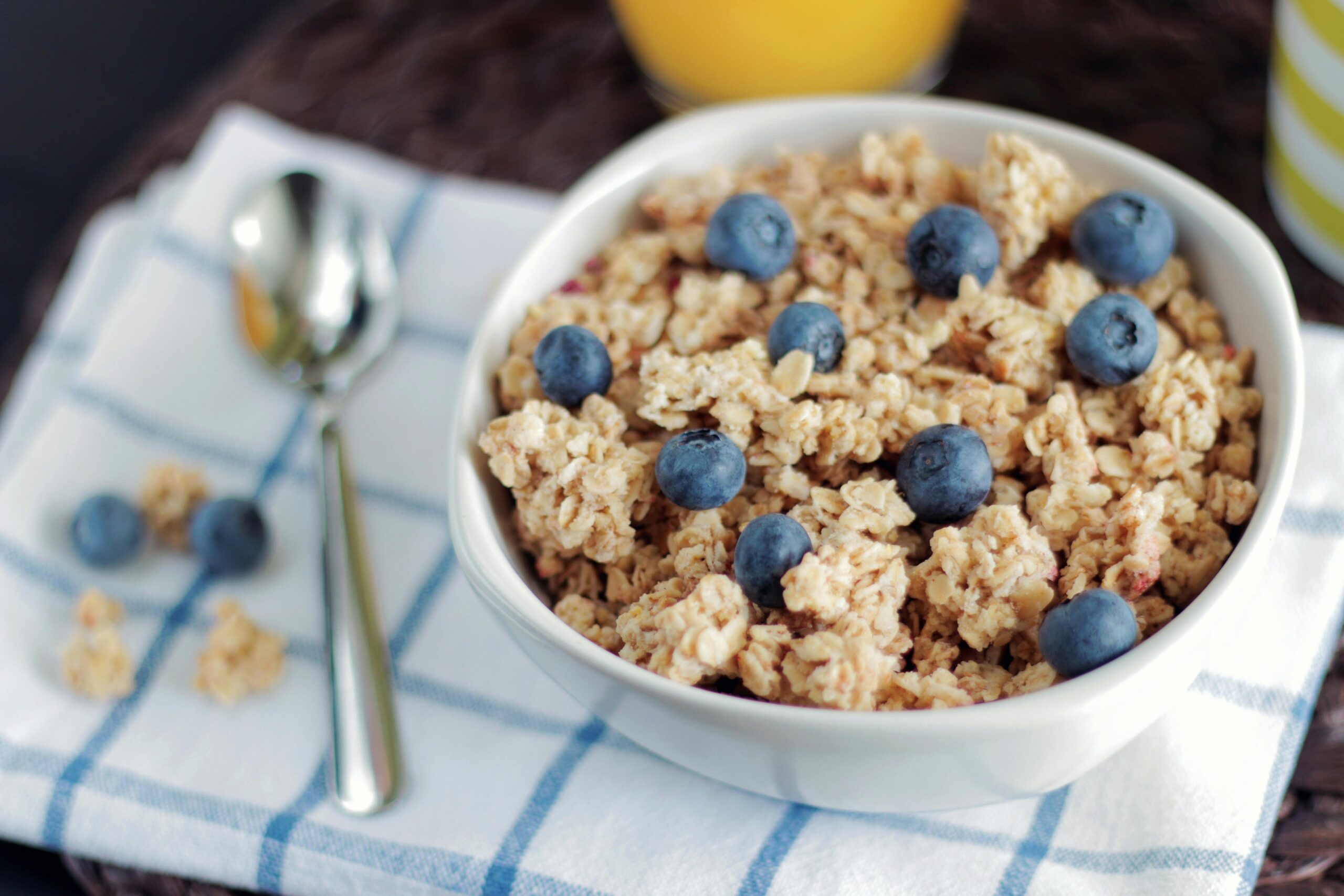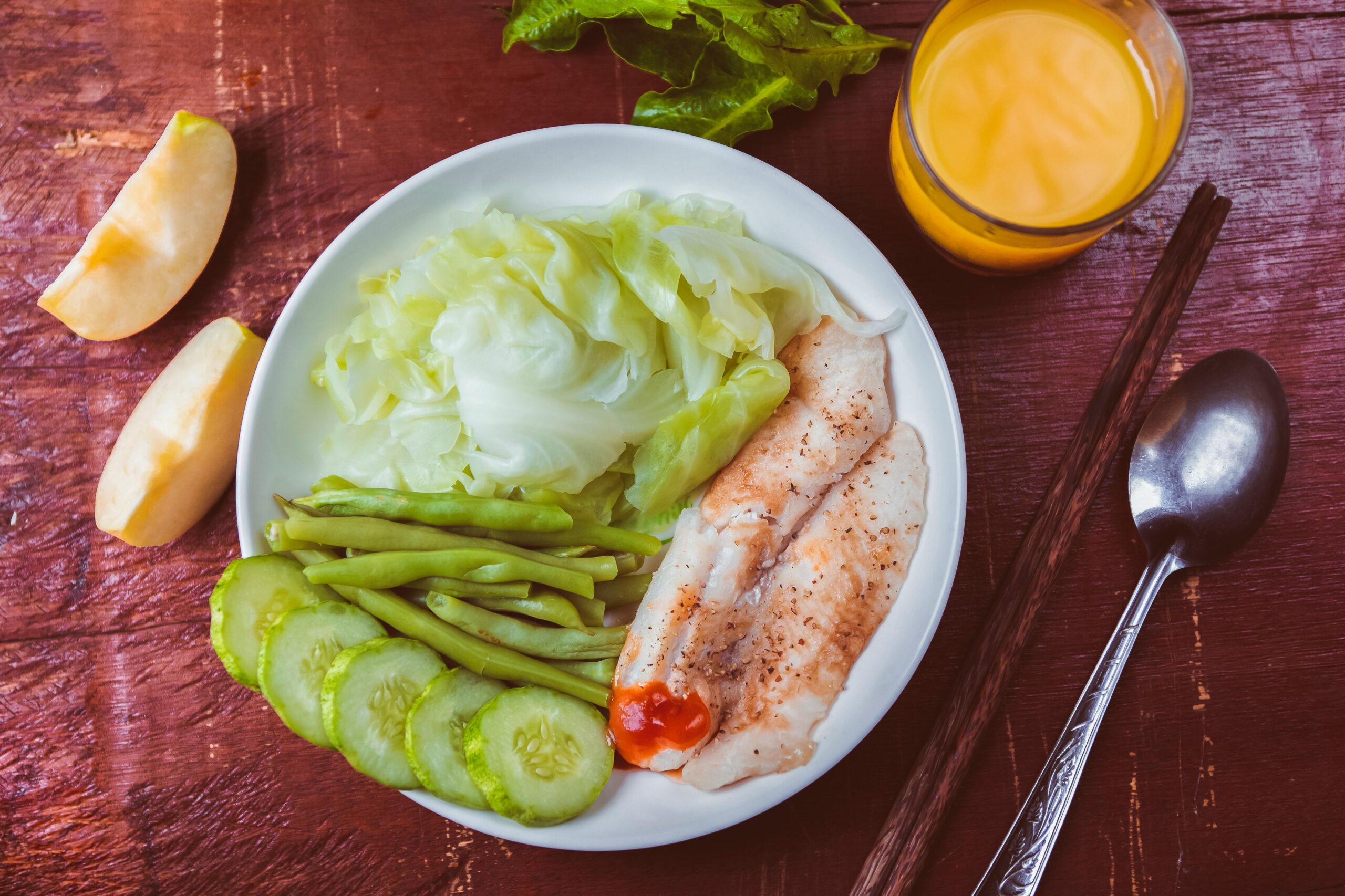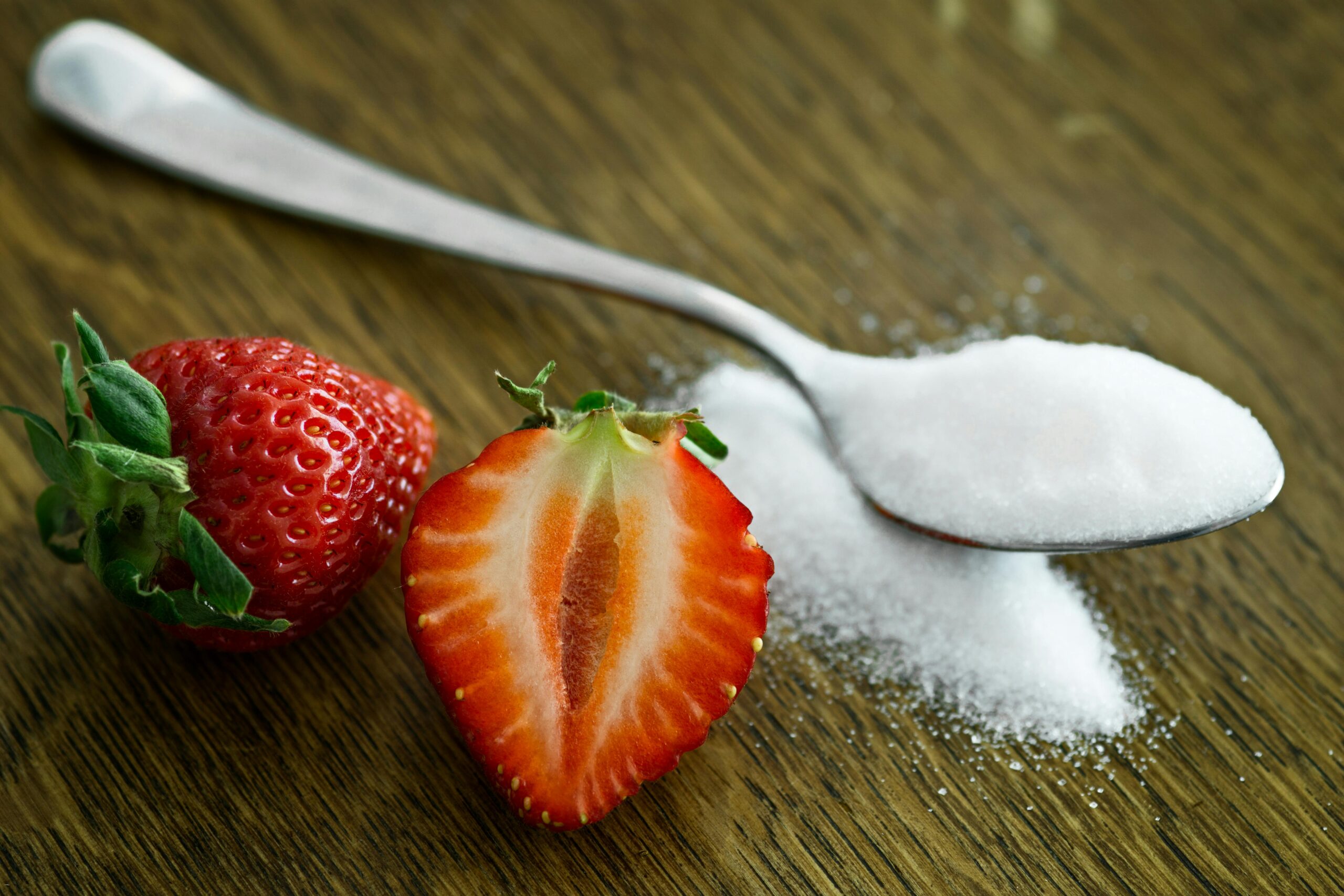New research suggests a novel approach to weight management
Tired of endless diet plans and grueling workouts? New research from Japan suggests a potential game-changer in the fight against obesity: a specific combination of gut bacteria and a byproduct of fiber digestion called acetate. This unexpected duo may hold the key to reducing body fat, offering a promising new strategy for weight management.
Obesity affects over 600 million people worldwide and significantly increases the risk of serious health issues like heart disease, type 2 diabetes, and even cancer. While lifestyle changes such as diet and exercise are often recommended, they can be difficult to maintain. Other treatments, like surgery or medications, can be expensive and inaccessible for many. This new research explores a potentially more accessible strategy.
The study, led by Hiroshi Ohno at the RIKEN Center for Integrative Medical Sciences (IMS), focuses on how our gut bacteria process the food we eat. When we consume fiber, our gut bacteria ferment it, producing acetate. Prior research has hinted that acetate might have a positive effect on our metabolism. This new study pinpoints the specific gut conditions that maximize its benefits.
How Gut Bacteria Affect Weight Loss
To explore this connection, researchers conducted a series of experiments using mice. They fed the mice a special diet containing acetylated cellulose (AceCel), a modified form of cellulose. Some groups of mice were also given sodium acetate. The scientists then monitored the mice’s weight, body fat, and overall metabolism. They also carefully analyzed the types of bacteria present in their guts.
Key Role of Acetate and Bacteroides
The results were significant. Mice that consumed AceCel experienced notable reductions in body weight and body fat. This was observed in both normal and obese mice. The researchers found that AceCel promoted the use of fat for energy, while also limiting the storage of sugar in the liver. Essentially, the mice’s bodies became more efficient at burning fat instead of storing it.
However, these beneficial changes only occurred when a specific type of gut bacteria, Bacteroides, was present. Further experiments revealed that acetate actually boosted the ability of these Bacteroides bacteria to ferment carbohydrates. This fermentation process reduces the amount of sugar available for the host to absorb, which in turn leads to less fat storage. The data indicates that the combination of acetate and Bacteroides is crucial. Acetate supports the growth of Bacteroides, and Bacteroides helps the body process energy in a way that discourages fat accumulation.
According to Ohno, developing treatments and preventatives for obesity is “an urgent issue that must be solved quickly.” He suggests the next step is to confirm the safety and effectiveness of acetylated cellulose in humans. If proven successful, it could become a valuable tool in the fight against obesity.
Future of Obesity Treatments
This research opens a promising new avenue for combating obesity. By understanding how to manipulate gut bacteria to our advantage, scientists may be able to develop more effective and accessible ways to manage weight and improve overall health. Future strategies may shift from solely focusing on diet and exercise to also optimizing the balance of bacteria in our gut.
Paper Summary
Methodology
Researchers gave mice a diet containing acetylated cellulose (AceCel) and monitored their body mass, liver, and fat mass. They also analyzed gut bacteria and cecal metabolites.
Results
AceCel reduced body mass gain and fat accumulation in mice, shifting metabolism to favor fat use. This effect required Bacteroides bacteria, and acetate enhanced carbohydrate fermentation by these bacteria.
Limitations
The study did not address how acetate influences Bacteroides growth and carbohydrate metabolism, the mechanisms linking acetate, carbohydrates, and host metabolism, or the role of carbohydrate depletion.
Funding and Disclosures
This study was funded by JST FOREST Program, the RIKEN Center for Integrative Medical Sciences, and Daicel Corporation.
Publication Information
Takeuchi, T., et al. (2025). Acetylated cellulose suppresses body mass gain through gut commensals consuming host-accessible carbohydrates. Cell Metabolism, 37, 1-16.












